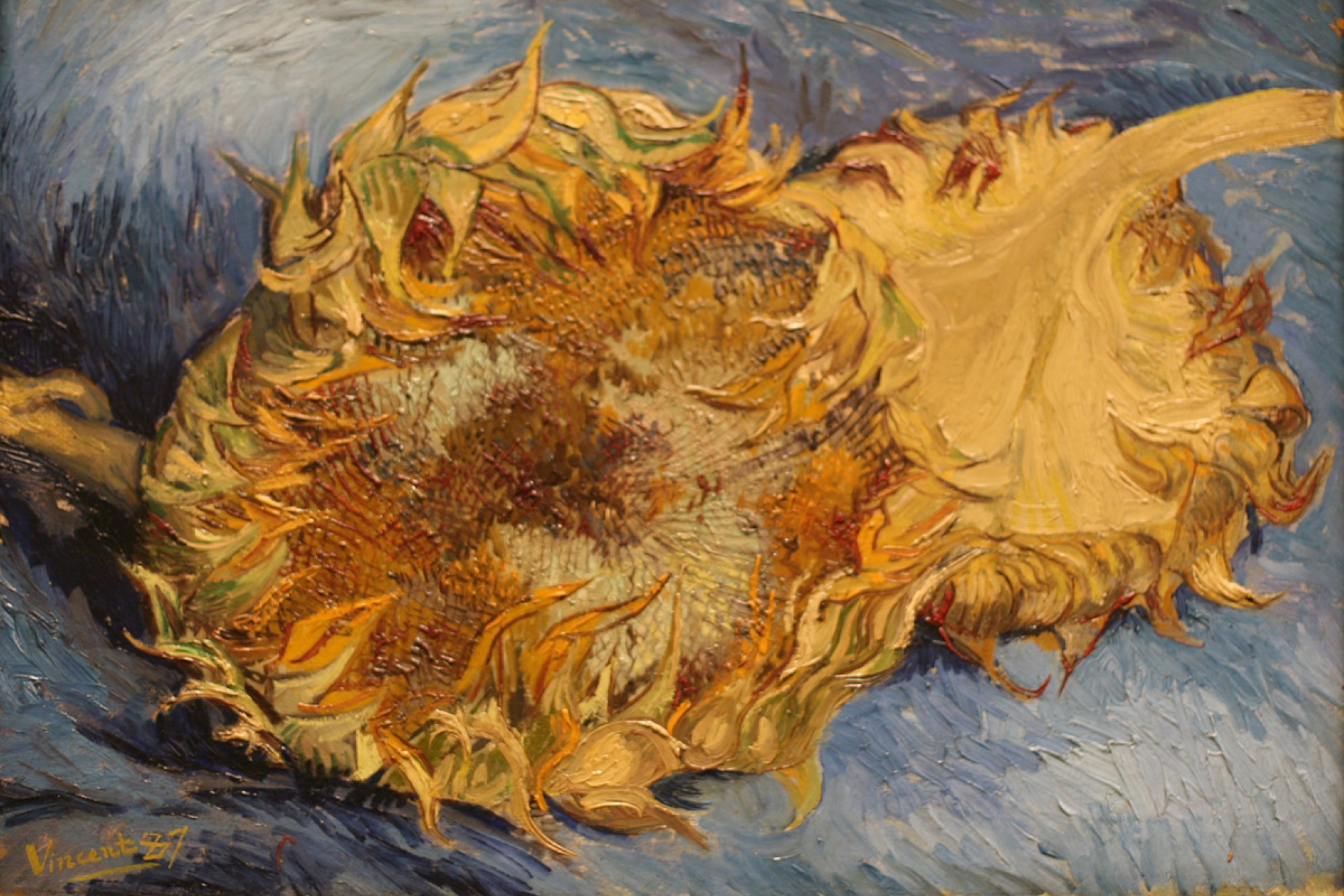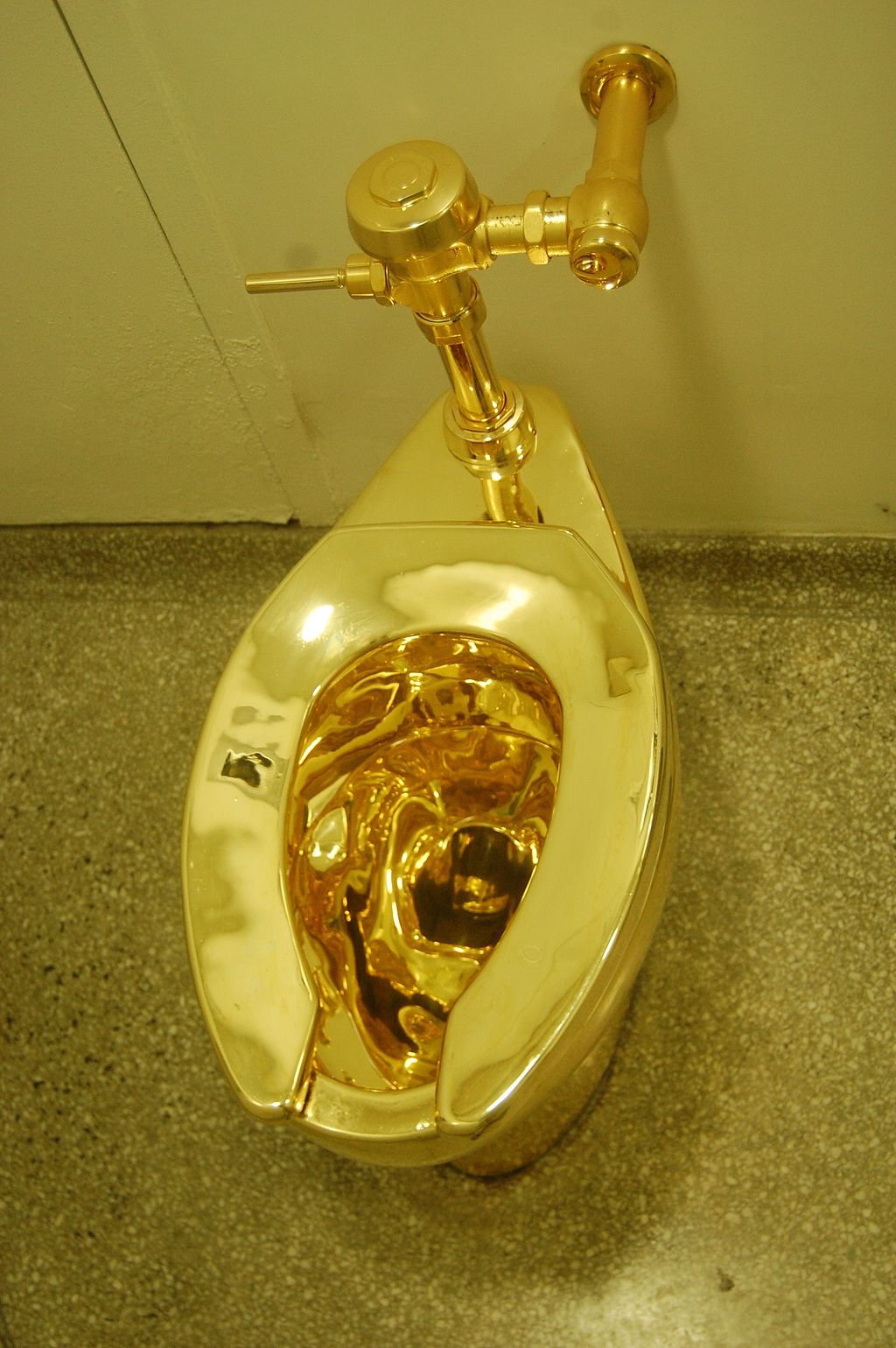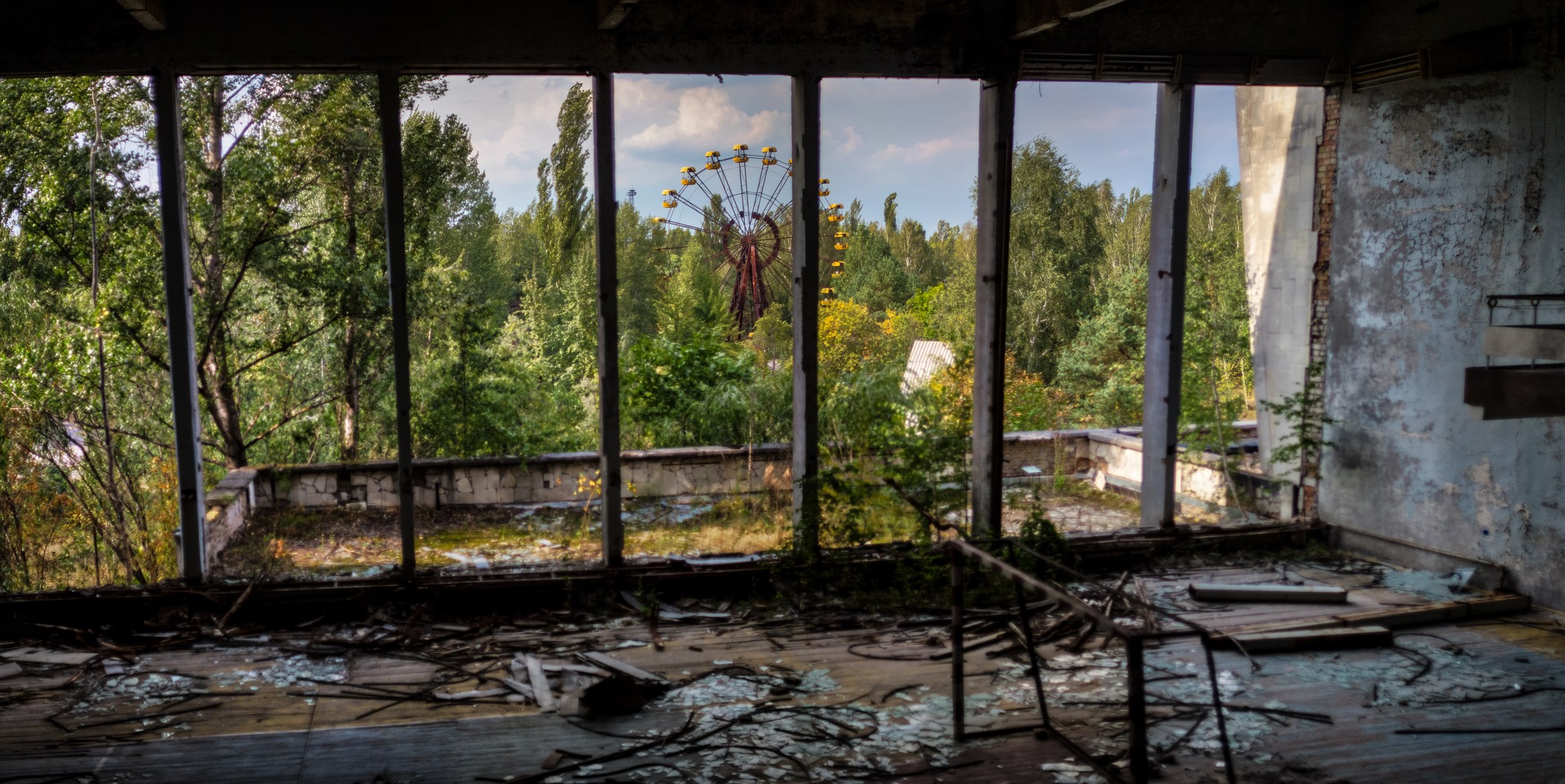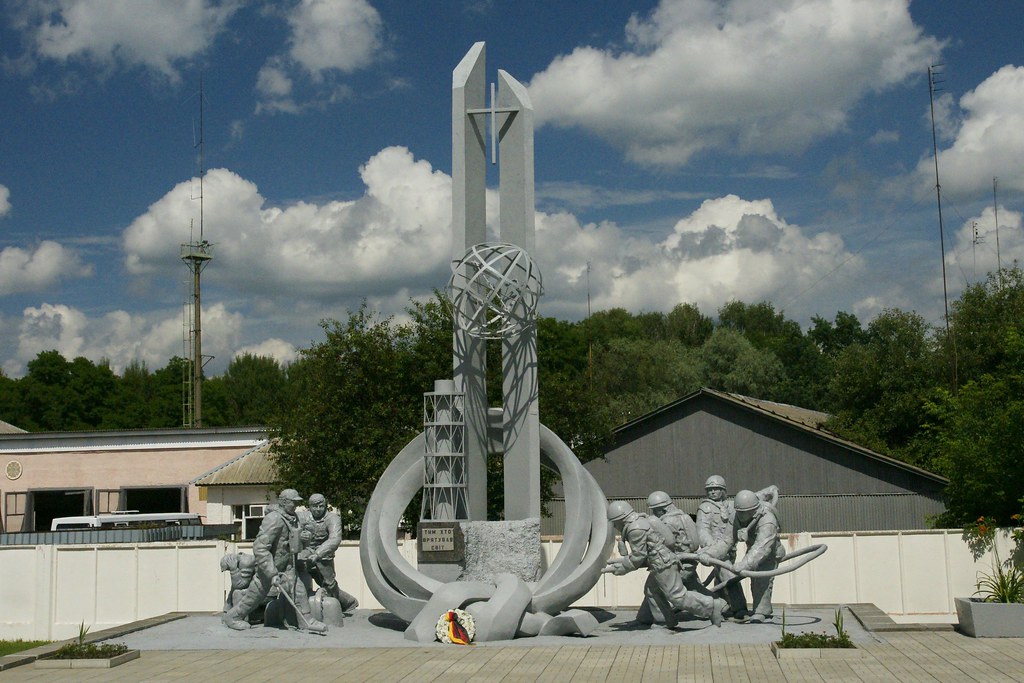Banning “India’s Daughter”
The film “India’s Daughter” has stirred up controversy worldwide over the past few days. The film details the brutal gang rape of 23-year-old Jyoti Singh, a medical student, on a bus in Delhi in 2012. Rape and misogyny has been a huge problem in India; misogyny is part of the culture. One journalist gives the example of her relative telling her father not to tip the nurses who delivered her very much because she was not born a boy.
The controversy over the film stems from various sources; some politicians say that the film is unethical because it shows interviews with one the rapists – who currently sits on the death row – that were filmed while legal proceedings were still active. He also places the blame on the victim, and makes numerous misogynistic comments; the Indian government decided to enact a ban because his words were “offensive to women and could set off civil unrest.” Some also said portions of the film could incite violence against women in a society that is already dealing with high levels of rape, domestic violence, and infanticide against females. In the rapists’ former neighborhood, people have began to say that mob justice is the only way to properly punish the man.
However, some are staunchly against the ban as the film highlights the misogyny that goes on in India. It calls attention to the unequal power dynamics in a patriarchal society. The quotes from the rapists prove just how commonplace and detached some are from violence against women, and how they are regarded as subhuman. It shows how deeply the misogyny runs, and displays it to the world and the society in hopes that it can change. While the film had issues with portrayal of the victim – focusing too much on her “goodness” and labeling her as a daughter instead of an independent woman – it brought certain issues back to the public conscience.
Should the government have banned the film? Should restrictions be placed on the media about controversial issues like this, even when they have been acknowledged already? Is it right to stifle certain critiques of a culture? Should the film even have been made, and is it insensitive to other victims for focusing on a specific victim and for interviewing an accused-but-not-convicted rapist?





